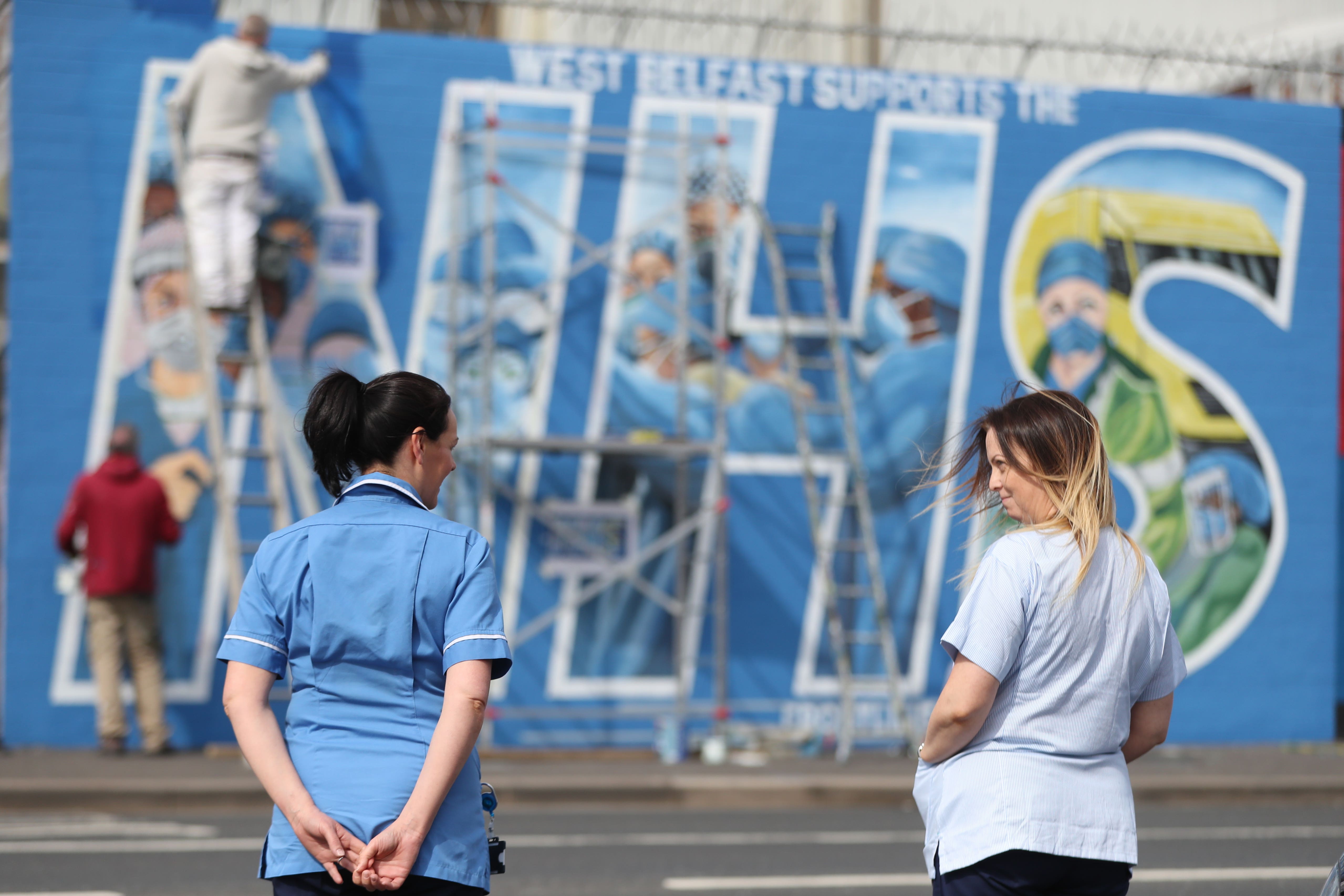‘Decade of neglect’ has left NHS unable to tackle care backlog, report finds
Health service ‘paying the price’ for austerity, warns King’s Fund think tank

A “decade of neglect” under the Conservatives has left the NHS unable to tackle the huge backlog of care as a record seven million people await treatment, according to a damning new report.
The major study by the King’s Fund think tank said the failure to fund the NHS adequately or get to grips with staffing crisis meant the health service was not able to meet the amount of surgery required.
“Though Covid certainly exacerbated the crisis in the NHS and social care, we are ultimately paying the price for a decade of neglect,” said the King’s Fund chief executive, Richard Murray.
The heath expert said the “sporadic injections” of money during the austerity years had failed to “hamstrung by a lack of staff and equipment and crumbling buildings”.
The King’s Fund report, commissioned by the Department of Health and Social Care (DHSC), warned that the NHS was “routinely missing” targets for how long patients should wait.
The “weak” state of the public finances means the government will be unlikely to deliver promises on ending routinely long waiting lists, the top health think tank warned.
Mr Murray added: “The NHS in 2022 faces many of the same challenges it faced in 2000 – unacceptably long waiting times and a service hobbled by staff shortages.”
The report found that the decision by the David Cameron government to cut the NHS’s annual budget increases from 3.6 per cent to an average of 1.5 per cent was a major factor in.
The improvement in waiting times under the Labour government in the 2000s “took place in a very different political and economic context”, it found – saying the country’s “strong economic performance” allowed for record levels of investment over a decade.
In a bleak assessment, Mr Murray said the NHS now faced “a cost of living crisis, industrial action by staff and a backdrop of a weak economy and weak public finances”.
One NHS leader, not named in the report, said: “We have essentially had 10 years of managed decline. This is not a Covid problem. This is an austerity problem.”
The waiting list in England for non-urgent hospital care recent a record high of 7.2 million, according to the latest figures. The government has pledged to put an additional £8bn into tackling the care backlog.
Meanwhile, Rishi Sunak’s government was accused by the Royal College of Nursing (RCN) union of “belligerence” after health secretary Steve Barclay refused to discuss pay rise demands at talks aimed at preventing strikes.
Labour leader Sir Keir Starmer said it was “bizarre” to refuse to negotiate on pay and accused the government of a “colossal failure of leadership”, with nurses set to walk out on 15 and 20 December.
Sir Keir told ITV’s Peston: “I think many people watching this would be astonished – they think it’s bizarre – that between now and Wednesday we have an opportunity for the government to prevent the strike on Thursday.
“All they’ve got to do is open the door and go and walk in and get around the table and talk about the issues that are ... of course pay,” said the Labour leader.
“But for the government to say, ‘There is going to be a strike on Thursday, we’re not even prepared to talk between now and Wednesday to avert that strike’ – it’s a colossal failure of leadership,” he added.
A spokesperson for the Department for Health and Social Care said: “Tackling the Covid backlogs is our absolute priority, following the impact of the pandemic, and the NHS is making strong progress by reducing waits of 18 months by 60 per cent in a year and virtually eliminating waits of more than two years.
The DHCS said the current core NHS budget in England of £152.6bn will increase to almost £166bn in 2024-25.
“We are also growing the NHS workforce, with over 34,500 more staff than a year ago, including over 9,300 more nurses and almost 4,000 more doctors,” the statement added.




Join our commenting forum
Join thought-provoking conversations, follow other Independent readers and see their replies
Comments